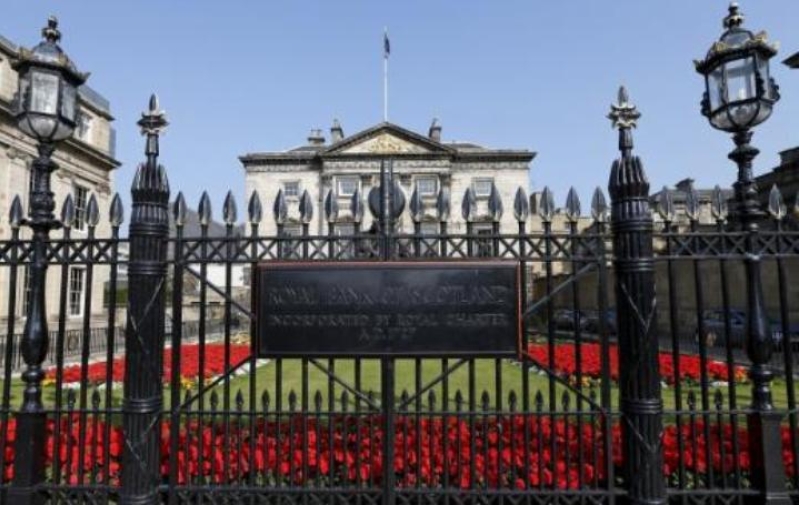
The Royal Bank of Scotland (RBS) has predicted that 2016 will be a financially "cataclysmic year." They are warning their clients to, "Sell everything except high-quality bonds. This is about return of capital, not return on capital. In a crowded hall, exit doors are small."
The information was released in a memo by Andrew Roberts, who is the head of European economics, rates and Central and Eastern Europe, Middle East and Africa research at RBS. Roberts added that "the world is slowing, trade is slowing, credit is slowing."
With the sluggish beginning to 2016 in the financial sector, many economists are anticipating that the bull market run is about to turn into a rather hungry bear. The specific signs that have RBS in a tizzy include falling oil prices, an unstable China, shrinking world trade, rising debt, weak corporate loans and deflation. It doesn't help that $1 trillion has disappeared in the American stock market alone. The magnitude of such as loss has been compared to losing the combined value of tech giants Google, Facebook, Intel, Netflix, and Yahoo.
An RBS report notes that the present market mood is comparable to 2008, "before the collapse of Lehman Brothers and the start of the global financial crisis."
Back then, China was apparently in a situation in which it could stimulate the economy. That is no longer the case. China would have to devalue its currency by about 20 percent. Last year alone, China spent about $500 billion to prop up its economy. This is a similar action to when the US implemented the QE program.
Former Dallas Fed chief Richard Fisher explains, "What The Fed did, and I was part of it, was front-loaded an enormous market rally in order to create a wealth effect ... and an uncomfortable digestive period is now likely."
He compared the Fed to, "a giant weapon that has no ammunition left."
Roberts said of China, "China has set off a major correction, and it is going to snowball. Equities and credit have become very dangerous, and we have hardly even begun to retrace the 'Goldilocks love-in' of the last two years."
China experienced a crash on the first day of its trading year last week.
Société Générale strategist Albert Edwards paints an even grimmer picture, saying that US stocks could plummet as much as 75 percent because, "A commodity bubble and the resultant U.S. shale investment boom were all consequences of the Fed's QE." A bust is apparently in progress.
Part of the reason for the fall in oil stocks is connected to fears of lower demand, which is in part fueled by sanctions lifting on Iran and their increased participation in the oil market. The drop in the stock price of oil has already led to oil companies making cuts in jobs. The number of jobs lost as of November in the oil industry, worldwide, was 250,000, with more still anticipated since oil is expected to drop as low as $16 per barrel.
The low price of oil per barrel is apparently much harder on oil-producing countries than on countries such as the US. Economist Fred Bergsten stated that, "The Russians lose, the Saudis lose, the Venezuelans lose, U.S. oil shale producers lose; but that is more than offset by the net reduction in consumer costs."
Peter Cardillo of First Standard Financial said, "If you have lower demand on a global scale, and then you have overproduction from producing nations, it's obvious that you're going to have a crash in oil prices, and that's exactly what's happened."
Other anticipated complications from sliding oil prices include more bankruptcies, defaults, layoffs and damage to energy stocks. This is expected to especially complicate matters for the emerging markets as investors pull their money from these and place it in areas that they feel are safer. And as emerging markets find themselves in the midst of economic disaster, this will in turn negatively impact the rest of the global economy.






